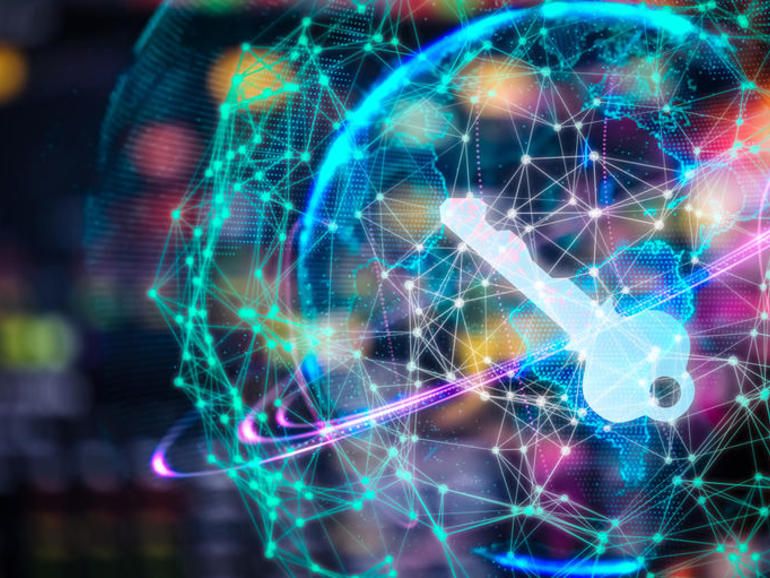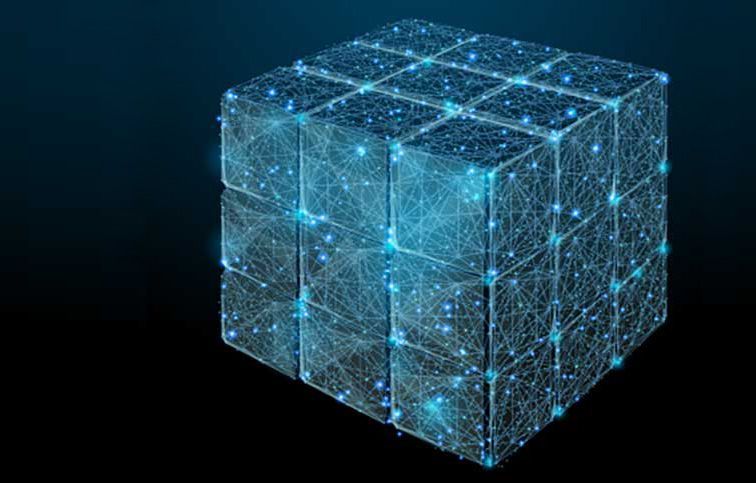Criminals use high-pressure tactics to extort victims.


Scientists have created a cybersecurity technology called Shadow Figment that is designed to lure hackers into an artificial world, then stop them from doing damage by feeding them illusory tidbits of success.
The aim is to sequester bad actors by captivating them with an attractive—but imaginary—world.
The technology is aimed at protecting physical targets—infrastructure such as buildings, the electric grid, water and sewage systems, and even pipelines. The technology was developed by scientists at the U.S. Department of Energy’s Pacific Northwest National Laboratory.

The U.S. Department of Justice is elevating investigations of ransomware attacks to a similar priority as terrorism in the wake of the Colonial Pipeline hack and mounting damage caused by cyber criminals, a senior department official told Reuters.
Internal guidance sent on Thursday to U.S. attorney’s offices across the country said information about ransomware investigations in the field should be centrally coordinated with a recently created task force in Washington.
“It’s a specialized process to ensure we track all ransomware cases regardless of where it may be referred in this country, so you can make the connections between actors and work your way up to disrupt the whole chain,” said John Carlin, principle associate deputy attorney general at the Justice Department.

REvil threat actors may be behind a set of PowerShell scripts developed for encryption and weaponized to exploit vulnerabilities in corporate networks, the ransom note suggests.
Threat actors have deployed new ransomware on the back of a set of PowerShell scripts developed for making encryption, exploiting flaws in unpatched Exchange Servers to attack the corporate network, according to recent research.
Researchers from security firm Sophos detected the new ransomware, called Epsilon Red, in an investigation of an attack on a U.S.-based company in the hospitality sector, Sophos Principal Researcher Andrew Brandt wrote in a report published online.

WASHINGTON — The Steamship Authority of Massachusetts ferry service fell victim to a ransomware attack Wednesday, the latest cyber assault affecting logistics and services in the United States.
The Steamship Authority is the largest ferry service offering daily fares from Cape Cod to neighboring islands Nantucket and Martha’s Vineyard off the coast of Massachusetts, according to the company’s website.
“The Woods Hole, Martha’s Vineyard and Nantucket Steamship Authority has been the target of a ransomware attack that is affecting operations as of Wednesday morning,” the company wrote in a statement, adding that customers may experience delays.

Microsoft has galvanised policy makers across seven Asia-Pacific markets, including Singapore and Indonesia, in a bid to facilitate the sharing of threat intelligence and resources amongst their respective public sector. The US software vendor says “collective” efforts across the region are critical in combating cybersecurity threats, which are inevitable in an increasingly interconnected world.
It noted that Asia-Pacific saw malware and ransomware attacks at higher frequencies, clocking 1.6 and 1.7 times higher, respectively. than the global average. Citing numbers from its 2019 threat report, Microsoft said developing markets such as Indonesia, India, and Sri Lanka were most vulnerable to such threats that year.
It added that cybercrime not only resulted in financial losses and brought down operations, but also posed risks to national security and eroded trust in digital economies.

It might be days before production resumes after an “organized cybersecurity attack” affected some servers supporting JBS USA’s North American and Australian IT systems, officials said.
CANBERRA, Australia — Thousands of meat workers had no work for a second day on Tuesday after a cyberattack crippled the world’s largest meat processing company. A government minister said it might be days before production resumes.
JBS is also Australia’s largest meat and food processing company, with 47 facilities across the country including abattoirs, feedlots and meat processing sites. JBS employs around 11000 people.
JBS USA said in a statement from Greeley, Colorado, on Monday that it was the target on Sunday of an “organized cybersecurity attack” affecting some of its servers supporting its North American and Australian IT systems.


Engineers have designed a computer processor that thwarts hackers by randomly changing its microarchitecture every few milliseconds. Known as Morpheus, the puzzling processor has now aced its first major tests, repelling hundreds of professional hackers in a DARPA security challenge.
In 2017, DARPA backed the University of Michigan’s Morpheus project with US$3.6 million in funding, and now the novel processor has been put to the test. Over four months in 2020, DARPA ran a bug bounty program called Finding Exploits to Thwart Tampering (FETT), pitting 525 professional security researchers against Morpheus and a range of other processors.
The goal of the program was to test new hardware-based security systems, which could protect data no matter how vulnerable the underlying software was. Morpheus was mocked up to resemble a medical database, complete with software vulnerabilities – and yet, not a single attack made it through its defenses.
Android malware known as FluBot is continuing to cause mayhem across some European countries, and there is speculation that the threat actors behind it may decide to target other geographies, including the United States. Here’s why you should be vigilant, how FluBot operates, and how you can remove this Android nasty from your device.
It’s also worth noting that this advice will help you stay safe from other Android malware strains. In recent days, cybercriminals have begun to target Europeans with TeaBot (also known as Anatsa or Toddler), an Android malware family that uses exactly the same technique as FluBot to spread and to lure users into giving up their sensitive data. FluBot and TeaBot are detected by ESET products as variants of the Android/TrojanDropper. Agent family.